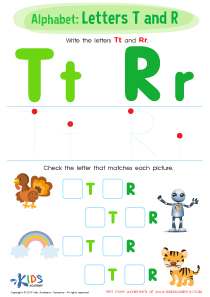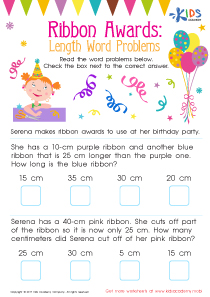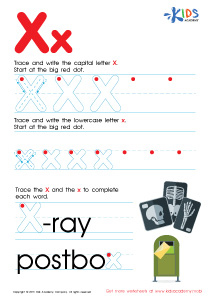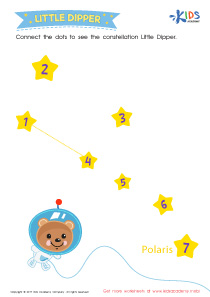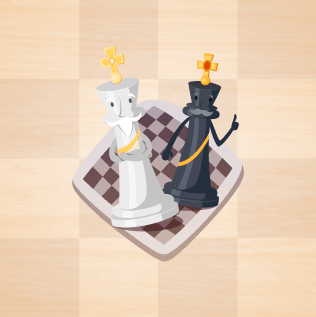6 results
Looking to introduce your child to the incredible game of chess? Then look no further than our Chess Basics Lessons! Perfect for children in Preschool, Kindergarten, and up to Grade 3, these lessons are designed to be interactive, engaging, and easy to understand. With a range of worksheets, educational videos, and assessment quizzes included, your child will have everything they need to learn the fundamentals of chess. So why not give your child a head start in this timeless game? Sign up for our Chess Basics Lessons today and watch your child's mind soar!
Chess Basics Lessons provide an engaging educational experience for preschool, kindergarten, grade 1, grade 2, and grade 3 students. These lessons consist of interactive worksheets, educational videos, and assessment quizzes that work together to provide a comprehensive learning experience.
The game of chess is an excellent tool for developing a child's cognitive abilities, problem-solving skills, and critical thinking. At an early age, kids can develop a love for the game and learn the fundamentals that can help enhance their academic skills. Chess Basics Lessons create an ideal opportunity to introduce children to the wonderful world of chess.
Preschoolers who participate in Chess Basics Lessons develop an understanding of the game in a fun and interactive way that helps them become better critical thinkers. The preschool curriculum emphasizes an introduction to the board's layout, pieces' names, and how they move across the board. These lessons lay the foundation for the child's interest in chess and help to develop skills that can benefit them in academic studies.
Kindergarten students benefit from Chess Basics Lessons as they learn to analyze and solve problems through strategic thinking. By understanding chess basics, kindergarten students learn how to plan ahead by predicting potential moves and their effects on the game's result. These skills are essential in academic subjects such as math and science, and this lesson reinforces these skills so the child can become a better problem solver at any age.
Grade 1 students benefit from Chess Basics Lessons as they begin to learn chess tactics and become better at applying critical thinking. These lessons help develop a child's spatial skills and logical thinking, which can help children excel in math and science subjects. These essential cognitive skills help children with overall intellectual development.
In grade 2 Chess Basics Lessons, children learn the principles of chess strategy through problem-solving. They understand how to plan moves and the ability to assess situations through evaluation and analysis. These analytical and critical thinking skills help children excel in academic fields in critical areas such as decision making and problem-solving.
Grade 3 students advance their chess basics understanding by applying knowledge of strategic play, which involves recognizing patterns, making predictions, and thinking critically. These analytical and critical thinking skills are essential for academic success, as they help children analyze and evaluate subjects with greater precision.
In conclusion, Chess Basics Lessons provide an interactive and engaging educational experience for children of all ages. By understanding chess basics, children can develop critical thinking, mathematical, and problem-solving skills that can benefit them throughout their academic life.

